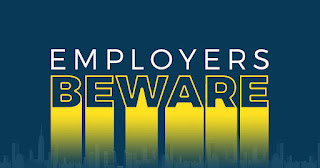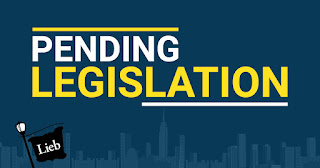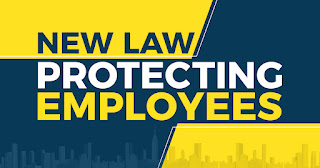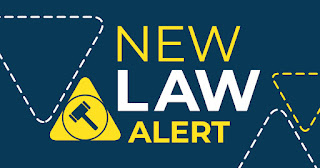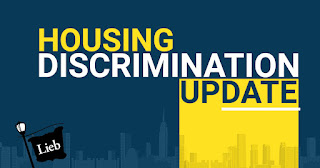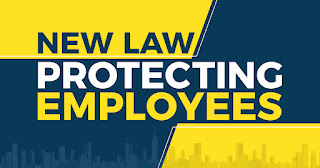Discrimination victims may only recover compensatory damages and injunctive relief, not punitive damages or emotional distress damages, when they bring cases under the Rehabilitation Act of 1973, the Patient Protection and Affordable Care Act, Title VI of the Civil Rights Act, and Title IX of the Educational Amendments, unless Congress acts NOW!
As a desk reference:
- The Rehabilitation Act of 1973 bars funding recipients from discriminating because of disability;
- Title VI of the Civil Rights Act forbids race, color, and national origin discrimination in federally funded programs or activities;
- Title IX of the Educational Amendments prohibits sex-based discrimination education program or activity receiving federal financial assistance; and
- The Patient Protection and Affordable Care Act outlaws discrimination on any of the proceeding grounds, in addition to age, by healthcare entities receiving federal funds.
Until April 28, 2022, it remained an open question whether discrimination victims could recover emotional distress damages under those 4 federal statutes. Without emotional distress damages, a victim's recovery is limited because discrimination under these statutes do not concern fixed damages, like in employment where there is back-pay and forward-pay. Instead, most victims only experience humiliation, frustration, and loss of dignity when they are discriminated in healthcare, education, or by general recipients of federal funding. Nonetheless, the US Supreme Court ruled that emotional distress damages are not recoverable in discrimination cases brought under these 4 statutes when it issued its decision in Cummings v. Premier Rehab Keller.
The case involved an accommodation request by a deaf and legally blind physical therapy recipient who requested an American Sign Language Interpreter at her sessions. You know, so that she could communicate and all. But, the provider said no, which was clearly an act of discrimination and not at issue before the Court. Instead, the Court was faced with determining whether the discrimination victim could recover emotional distress damages under the applicable statutes.
Stated otherwise, the Court was charged with determining what recovery was available to a victim of discrimination where the Court had previously ruled that punitive damages were unavailable under the 4 statutes. So, what was left? Shouldn't emotional distress damages compensate a victim for their terrible and dehumanizing experience?
No, said the Supreme Court because these 4 statutes were enacted under Congress' Spending Clause authority and such statutes are analyzed as contracts where defendants must have received clear notice of exposure to emotional distress damages for them to be recoverable.
Yet, this clearly devastating decision to discrimination victims also has a clear solution. Congress needs to amend these 4 statutes today and provide clear notice that emotional distress damages are recoverable in all discrimination cases. Congress needs to act now.

